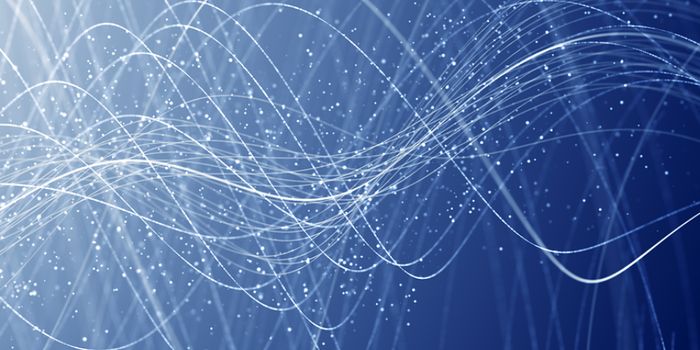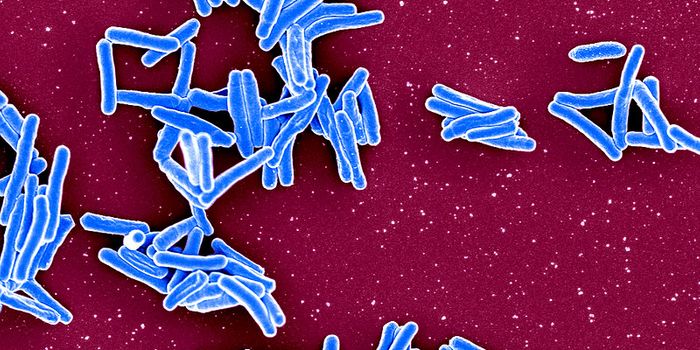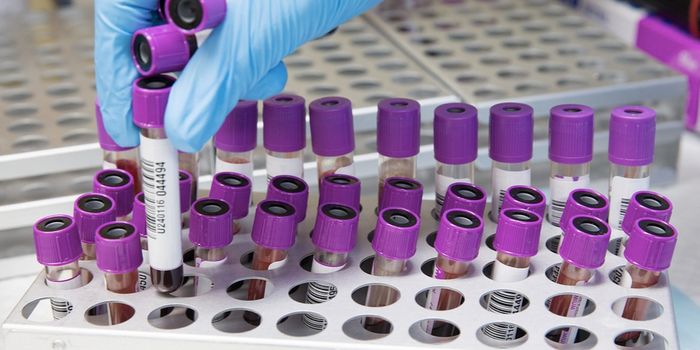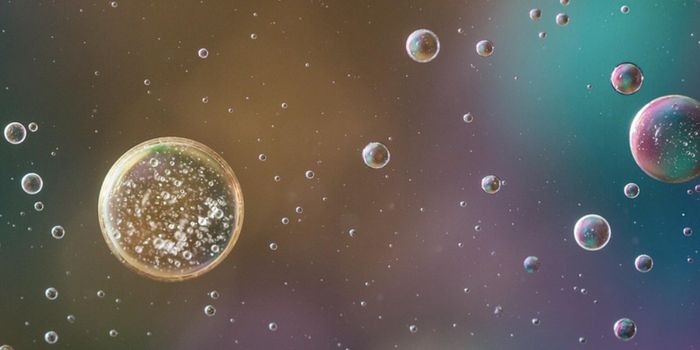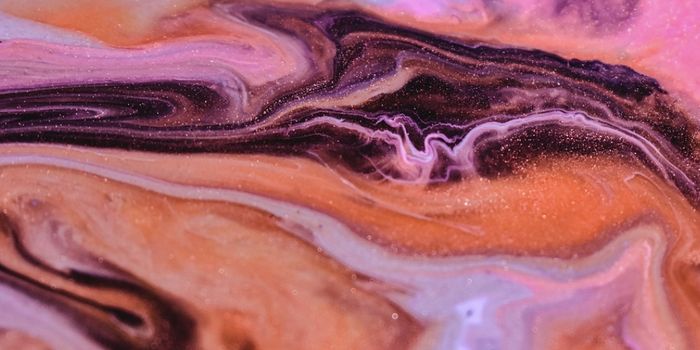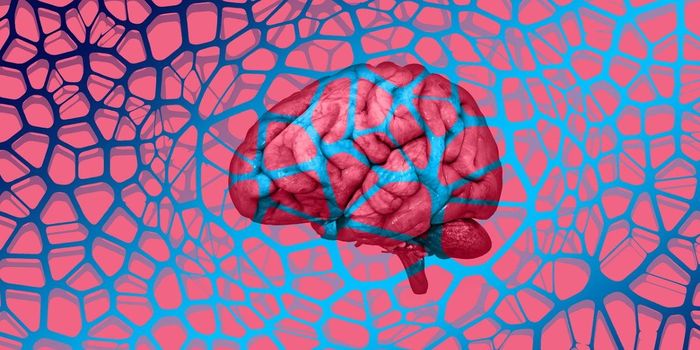Identical twins offer scientists a unique way to look at the effects of the environment on human health. With twin astronauts Scott and Mark Kelly, NASA was able to assess how six months onboard the International Space Station affected Scott while Mark stayed on Earth; Mark served as a control and helped established baselines for the experiment. This work will help NASA understand how lengthier missions in the extreme environment of space, such as a trip to Mars, will challenge human physiology. The findings from the twin study have been reported in Science and are discussed in the video below by Seeker.
Now that the study has ended, NASA determined that spaceflight has multiple impacts on the genome. DNA is arranged carefully in cells and gets compacted into chromosomes, whose ends are protected and capped by telomeres. Aging has been connected to a shortening of telomeres, which can be influenced by factors like stress. NASA scientists found that the length dynamics observed in Scott’s telomeres were altered within days of landing and during spaceflight.
There were also changes in how Scott’s genes were expressed that were outside of the normal variability seen in Mark - his gene expression also changed while he remained on Earth, but not as dramatically. While just over ninety percent of those gene expression changes came back to baseline once Scott got back to Earth, a few of them were still different months later. It was suggested that in space, radiation exposure is causing some damage to DNA, an idea supported by other observations, like bone formation changes and stress in the immune system.
Three vaccines administered over the course of the study showed that Scott’s immune system was able to respond in a normal way, however.
Most of the changes seen in Scott's physiology, which were probably caused by his time in space, went back to preflight levels by the conclusion of the study. A few of those changes may have even been beneficial. Increased exercise and a very controlled and nutritious diet probably led to a decrease in body mass, and an increase that in folate was observed, respectively. Some food choices while in space were better than the selections made on Earth.
Related: Space Has an 'Explosive' Effect on Gene Expression
In other areas, little change was seen, such as in cognition. While mental alertness and emotional recognition weren’t altered, upon return to Earth that was a significant reduction in speed and accuracy, potentially caused by a re-exposure to our planet’s gravity.
One area that has gained a lot of recent research attention and has been shown to impact human health is the microbiome, the bacteria we carry in and on our bodies. The gut microbiome was profoundly affected by spaceflight, and while the food is surely one factor in that observation, there are probably other contributing influences. Scott’s gut bacteria levels did come back to baseline after he got back to Earth, however. NASA may have to consider this when evaluating future meal plans.
This research has shown that the human body is resilient and flexible to significant changes caused by the extraterrestrial environment. Some of the findings may also help researchers learn more about diseases on Earth too.

